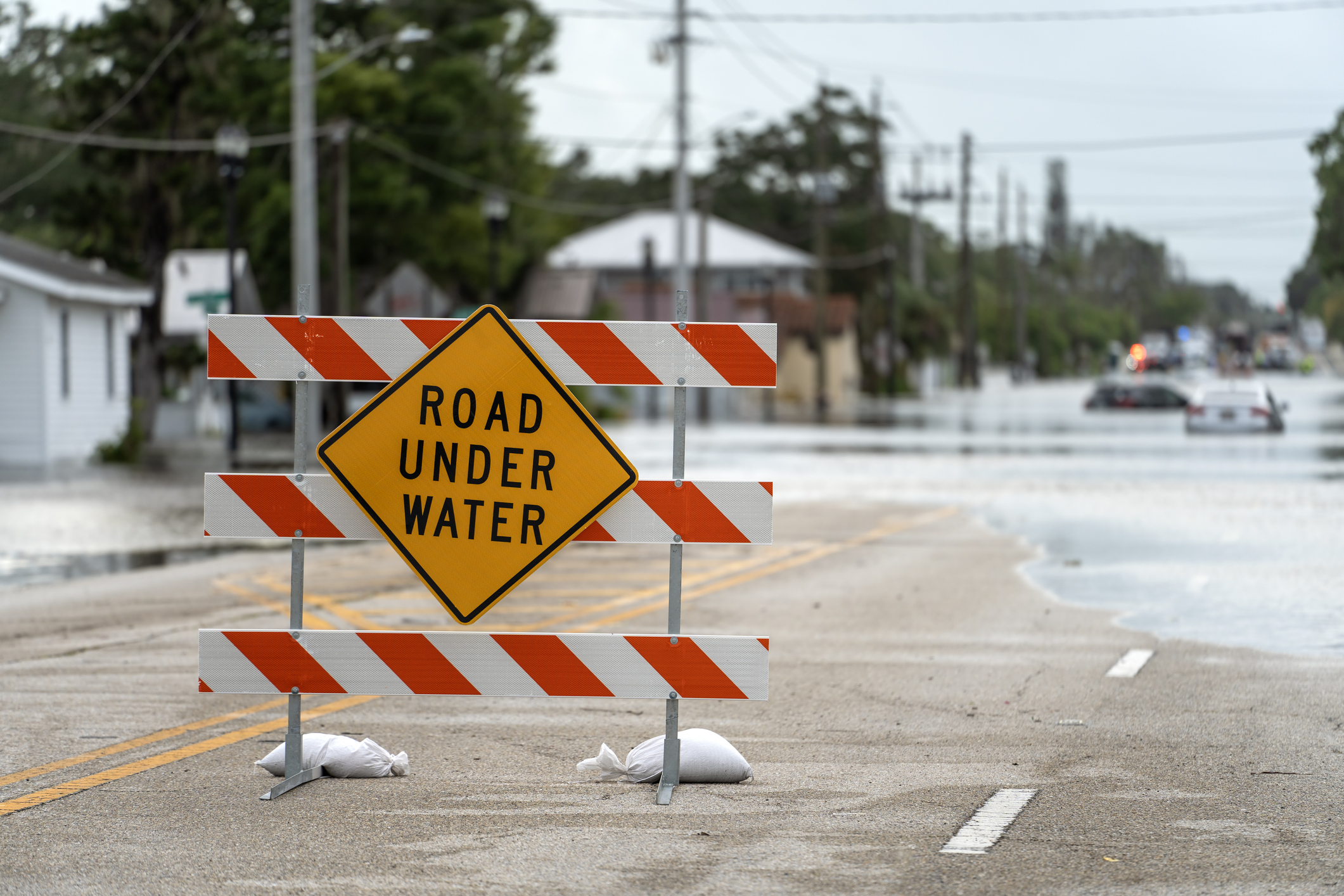With recent deaths of Southern Resident Orca, there is new urgency to increase the supply of salmon and steelhead on which they feed. The Puget Sound Salmon Recovery Council (SRC) – of which I am a member – was asked to prioritize efforts to improve the number of fish for orca in the Sound. We offered five items, but two stand out.
First, we proposed the legislature, “Fund hatcheries that have been closed with a focus on those with low impact to wild stocks.” This is the best way to increase the population of salmon and steelhead in the near term. My concern with this language is that caveats like focusing on those, “with low impact to wild stocks,” is an opportunity to make the perfect the enemy of the good. Overall, however, it is positive to increase hatchery production
Representative Blake proposed legislation that would help achieve this goal by increasing hatchery production. The bill notes, “Unfortunately, the population of southern resident orcas is at its lowest level in more than three decades and seven southern resident orcas died in 2016 alone,” and goes on to say, “a thriving southern resident orca population depends on an abundant supply of salmon, especially Chinook salmon. To halt the decline and to begin the recovery of the southern resident orca population, the legislature further finds that it is necessary to enhance salmon populations in Washington by increasing the production of Chinook salmon and other salmon at state hatcheries.” This is a good step.
There is another priority, however, that is nowhere to be found in legislation. The SRC also encouraged the state to, “Improve marine survival for Puget Sound salmon, including reducing predation, identifying specific nuisance animals for targeted management, and working at the federal level to modify the Marine Mammal Protection Act as appropriate.” The Marine Mammal Protection Act is a federal responsibility, but legislators should make it clear that reducing predation is critical to helping orca populations recover.
At the mouth of the Columbia River and in Puget Sound, sea lions consume a significant number of steelhead and salmon. A recent study found that predation by sea lions, “may be a bigger problem than fishing, at least in recent years, for southern resident killer whales that spend time in Washington state’s Puget Sound, a new study suggests.” Failing to address this problem, our of fear that sea lions are cute, ignores a major opportunity to increase forage for orca and may cause further population declines.
There are other keys to helping salmon, and orca, recover. Some of those will be addressed in the supplemental budgets. Increasing the supply of fish from hatcheries and reducing competition are the important near-term actions.



